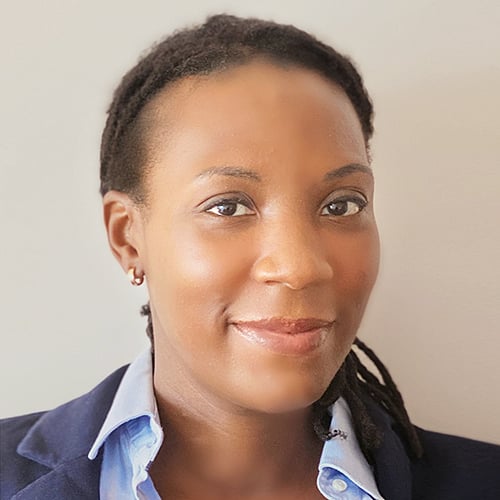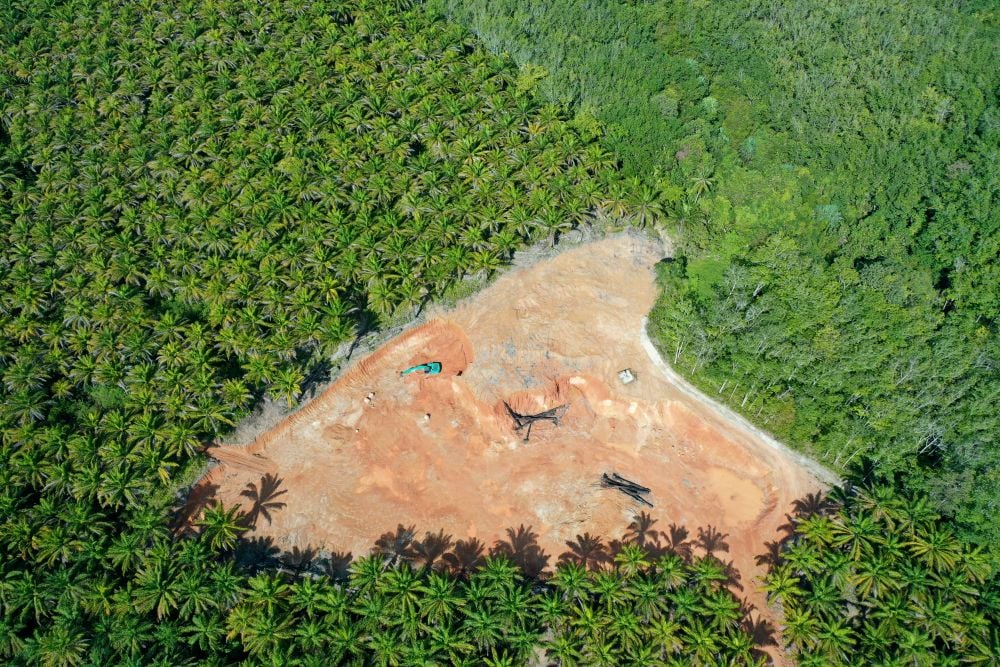It is not the best of times for securities services providers coping with the low-rate environment and the changing requirements of their institutional and asset-manager clients who are demanding more as they look to cut their own costs. The Asset sat down with the global heads of Deutsche Bank, HSBC, Northern Trust, and Standard Chartered to gauge their approach to remain relevant and maintain market share. Here are excerpts from the interviews as they discuss the business.
Satvinder Singh, head of global securities services, Deutsche Bank
From a momentum perspective, we had momentum last year and we definitely have momentum this year as well. And the reason why we are getting momentum is because we are running very hard. We are investing in people, technology and balance sheet.
The bank is very keen to get as much of the legacy litigation behind us as possible. There are ongoing discussions both in the US and in the UK to get as much as we can resolve so we can look forward rather than always looking backwards. That would really help the Deutsche Bank equity story.
The credit and the risk story has never been stronger. Whenever we sat down with clients and explained what the ECB (European Central Bank) stress test demonstrated, what’s come out of the latest TLAC (total loss-absorbing capacity), what our Tier-1 looks like, why our CDS (credit default swap) is where it is, clients are genuinely appreciative of what we have done and what our real strength is.
We live in resource-constrained environment. For us, the best way of getting resources is to continue to show momentum. The bank has identified transaction banking as its core DNA. It is one of the few businesses that the bank has the growth potential expectation from. We cannot grow the GTB franchise unless we give it the right investment. And it’s a three-dimension investment: people, technology, balance sheet.
Cian Burke, group head of securities services, HSBC
The business fundamentals are still very strong. The underlying economic growth that our clients depend on, and therefore we depend on, has been really tough. We have gone through a cycle of market downturns; there’s been market volatility but we are still trundling along. We don’t have that tide of economic growth that will lift all boats in the harbour.
People are searching for yield. Think about the clients that I service: asset managers are challenged. Market levels are down; interest rates are at an all-time low. The fundamental economics are challenging for asset managers, for asset owners and for asset gatherers, and therefore quite challenging for us.
The core business model is still performing well. You manage the sensitivity to that kind of activities. We keep continuing to grow the business transaction volumes, which are interestingly increasing. At the same time, however, margins are compressing.
Interest rates go up in November if Janet Yellen decides to increase US dollar interest rates. That has a direct impact on the bottom line. We also have quite a diverse book and so while interest rates and interest margins are relatively low, we still make the interest margin in absolute terms because of the diversification of the book: we are still paid interest in China, India, Brazil and a lot of the emerging developing markets.
Serge Boccassini, global product solutions manager, Northern Trust
Of the many services we provide a large portion of them relates to the administration of alternative assets. We provide these services to those who invest either directly in real estate or infrastructure, or via funds such as private equity or hedge funds.
For example, in Australia about 40-50% of the superannuation market is invested in alternative assets – infrastructure, real estate and private equity. We provide products and services to investors such as accounting, performance reporting and risk analytics, (as well as) capital call processing. Some of our clients invest in hundreds of private equity funds and they need to interact with each of the General Partners (GP) of those funds. This includes such things as accounting for and processing all of the capital calls and the distribution that require movement of cash to and from the GP; receiving and reconciling statements; and posting the funds valuation to the books. All of this processing is manual and time consuming. We’ve built services where we can take these processes over from the client and with their direction interact with the GPs in a much more efficient and scalable way.
Margaret Harwood-Jones global head, securities services, Standard Chartered
In the past two to three years, we have won more markets and more activity from our intermediary-clients, both broker-dealers and global custodians. We are seeing conversations sometimes inspired by what those global custodians have seen in Europe with initiatives such as Target2 Securities where they are looking at Asia and asking whether there is a different way of operating in the Asian markets and what are some of those different operating models: their strengths and weaknesses. While that has not led any fundamental change, it does indicate that clients are thinking afresh about the way that they work. We have to make sure we are being active responding to those challenges – that we have an agile and modern 21st century response to some of those challenges.
The full article that includes their views on investment and use of technology is published in The Asset November issue.









